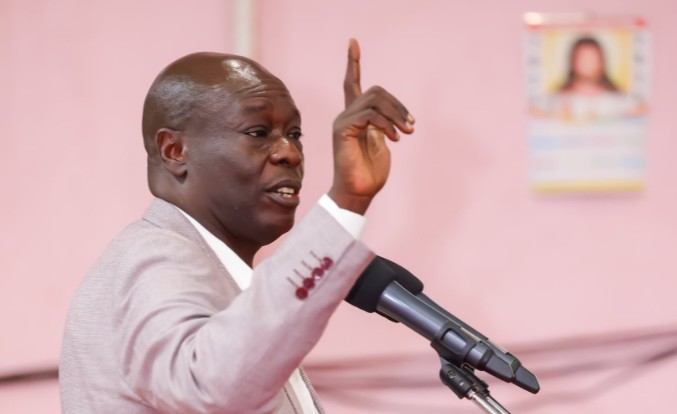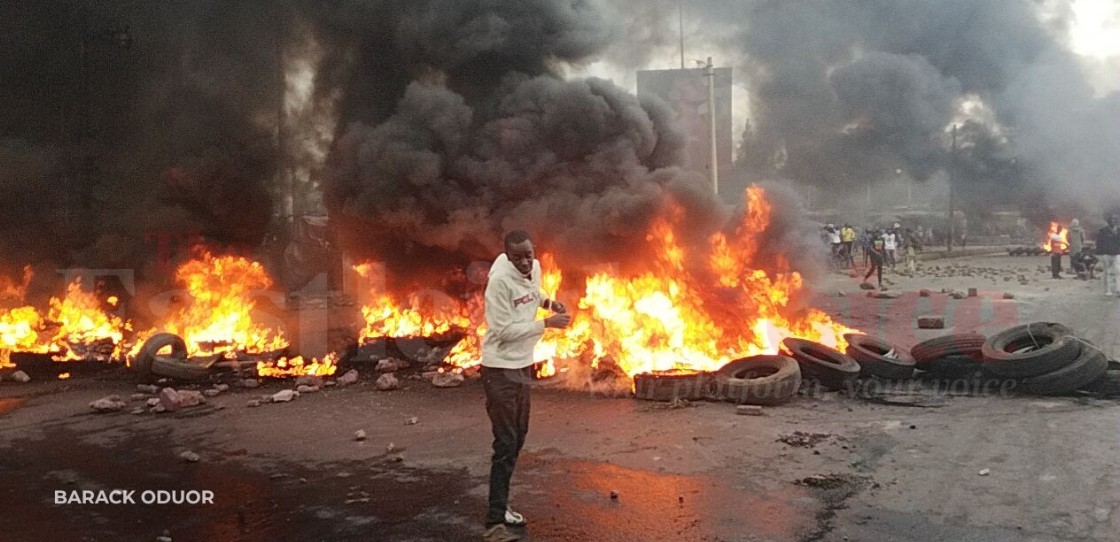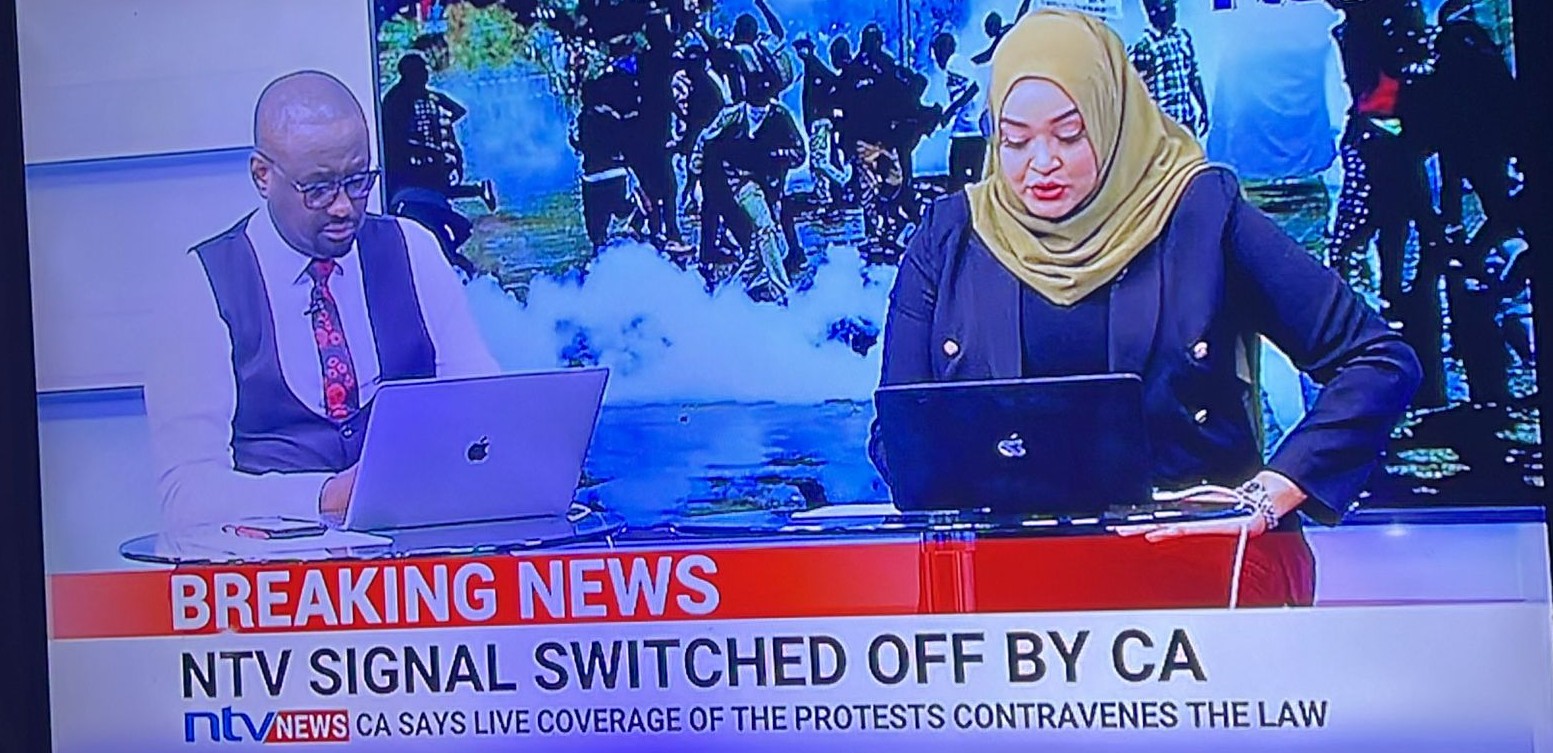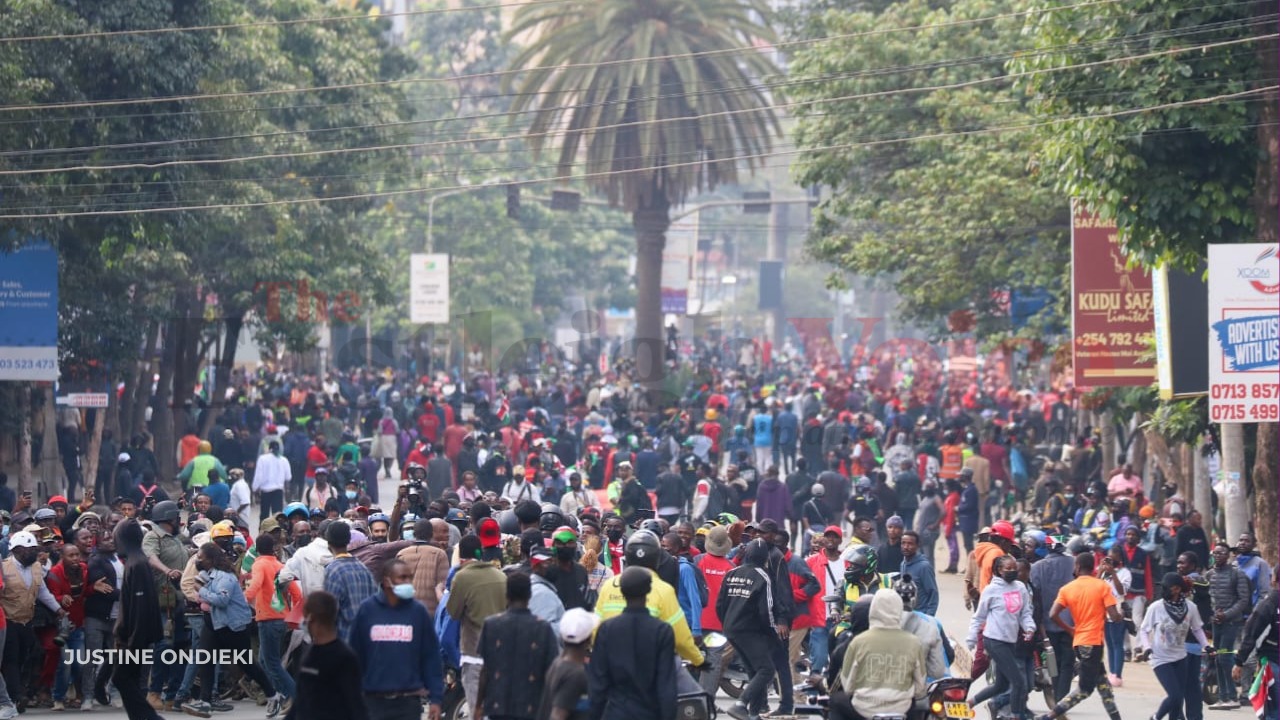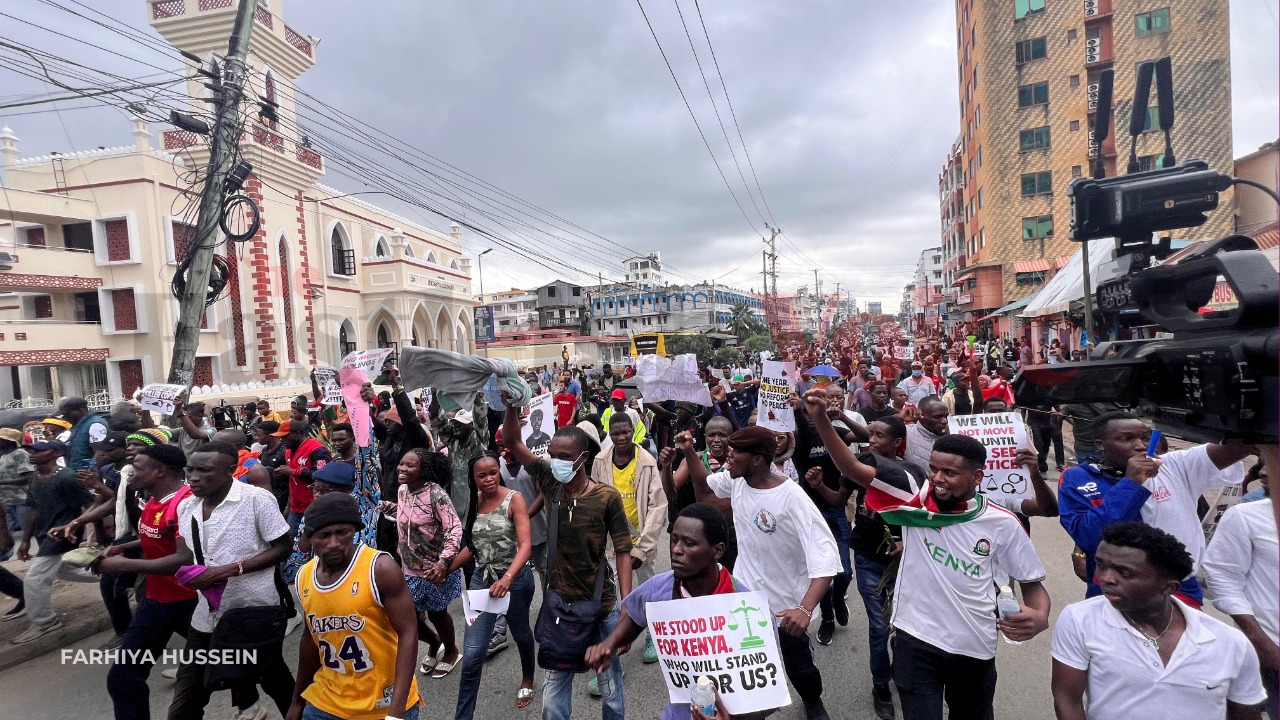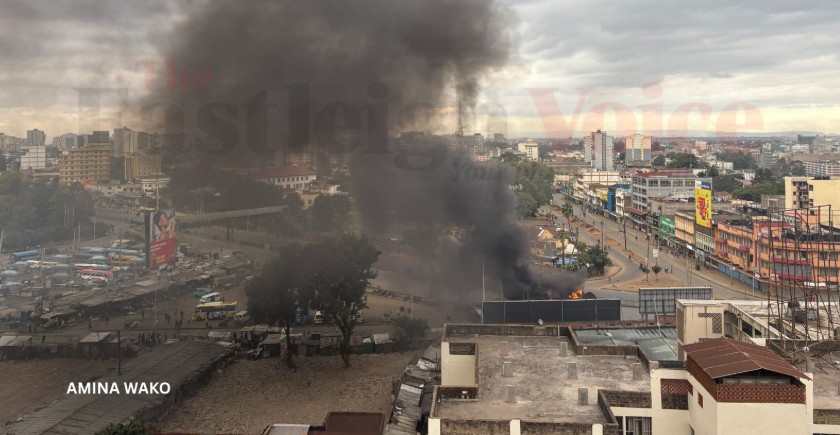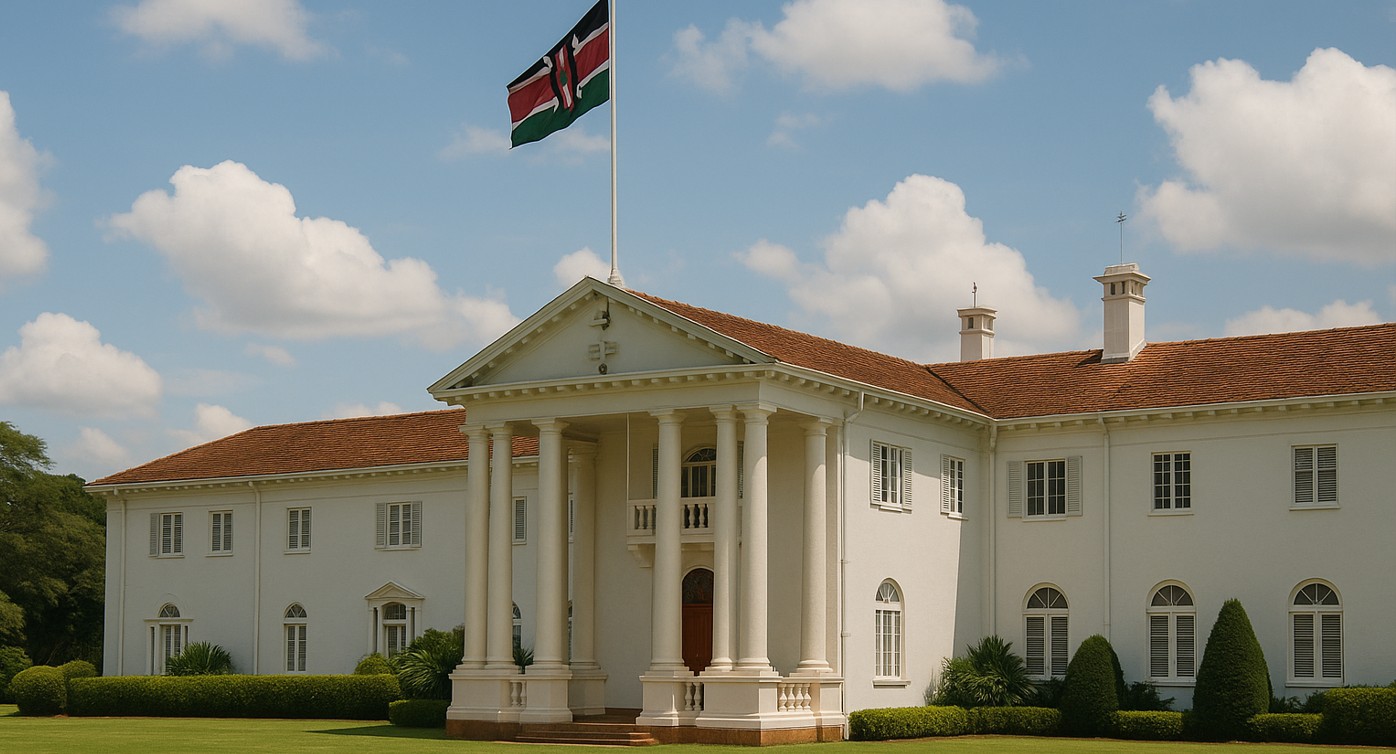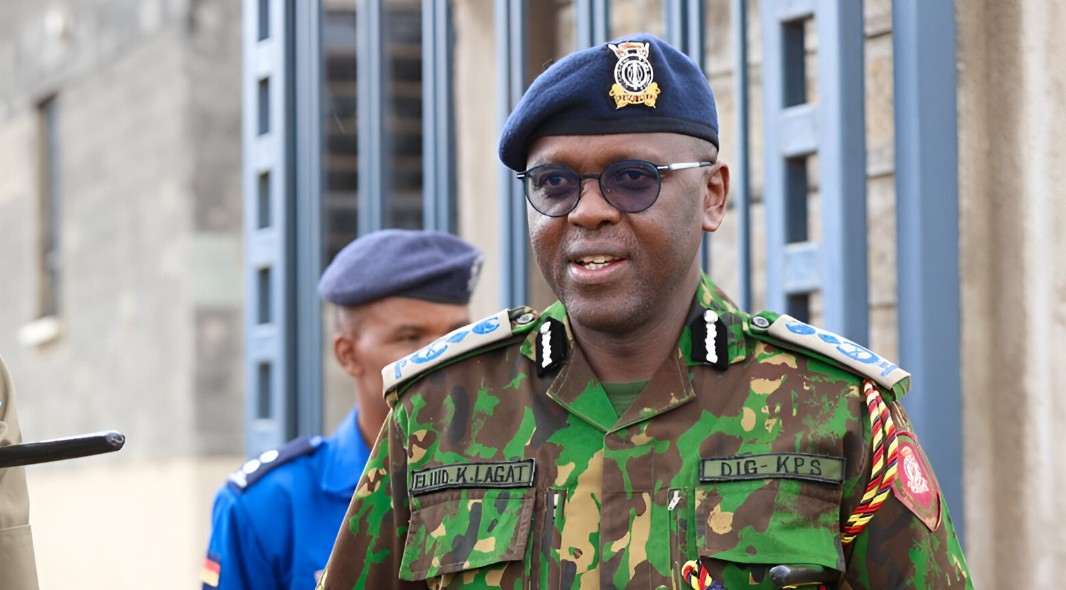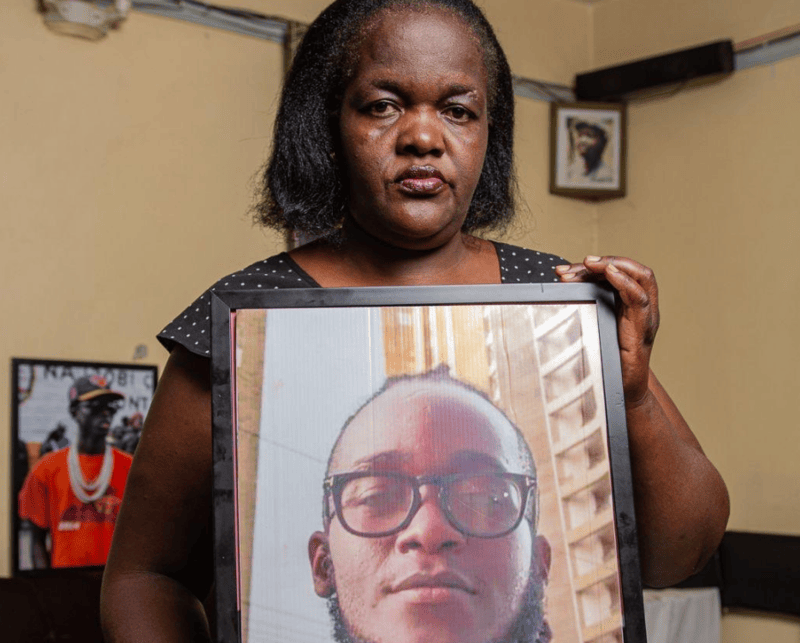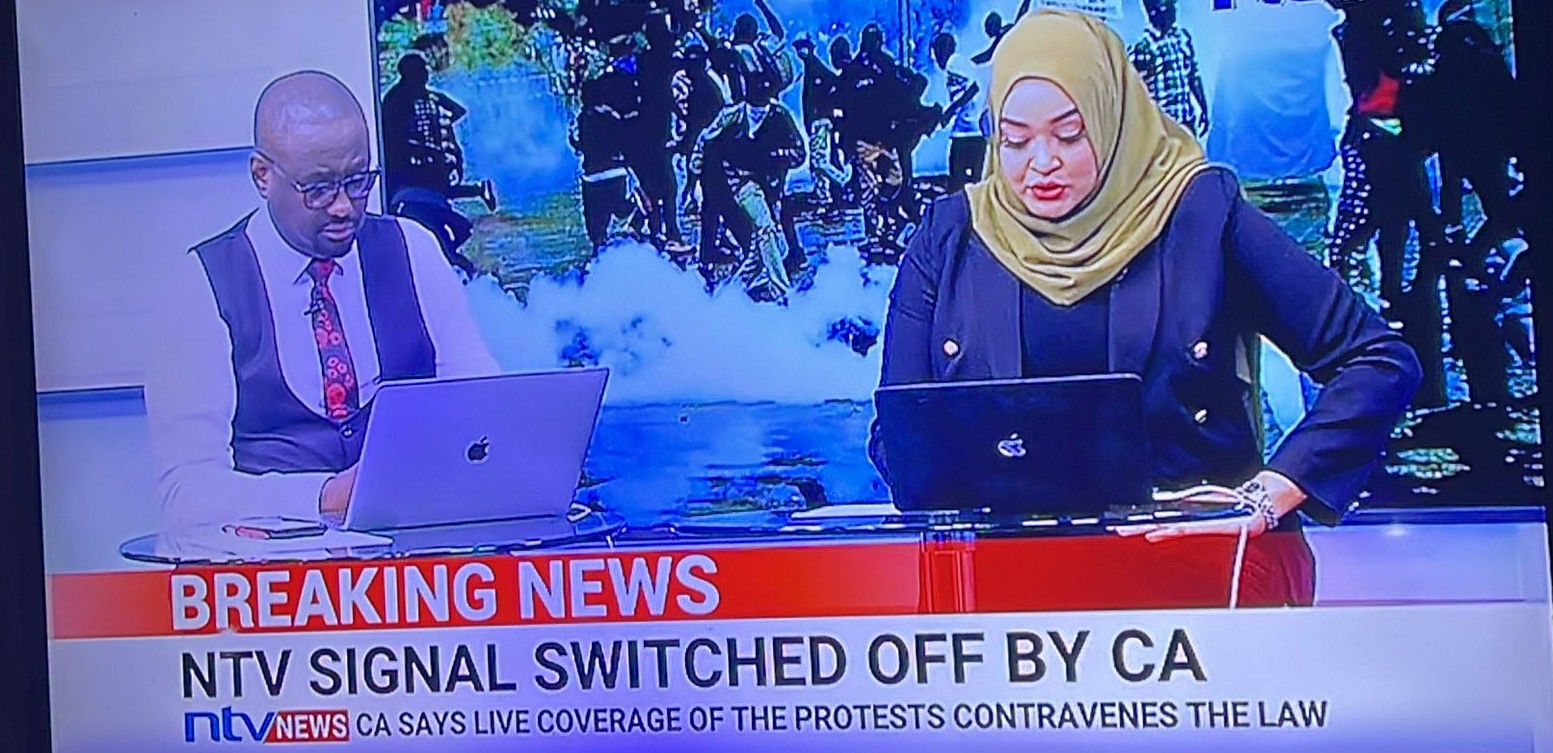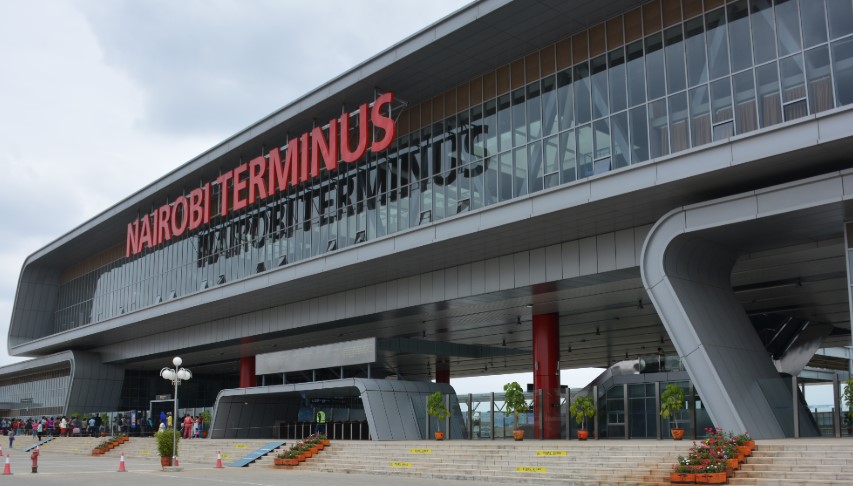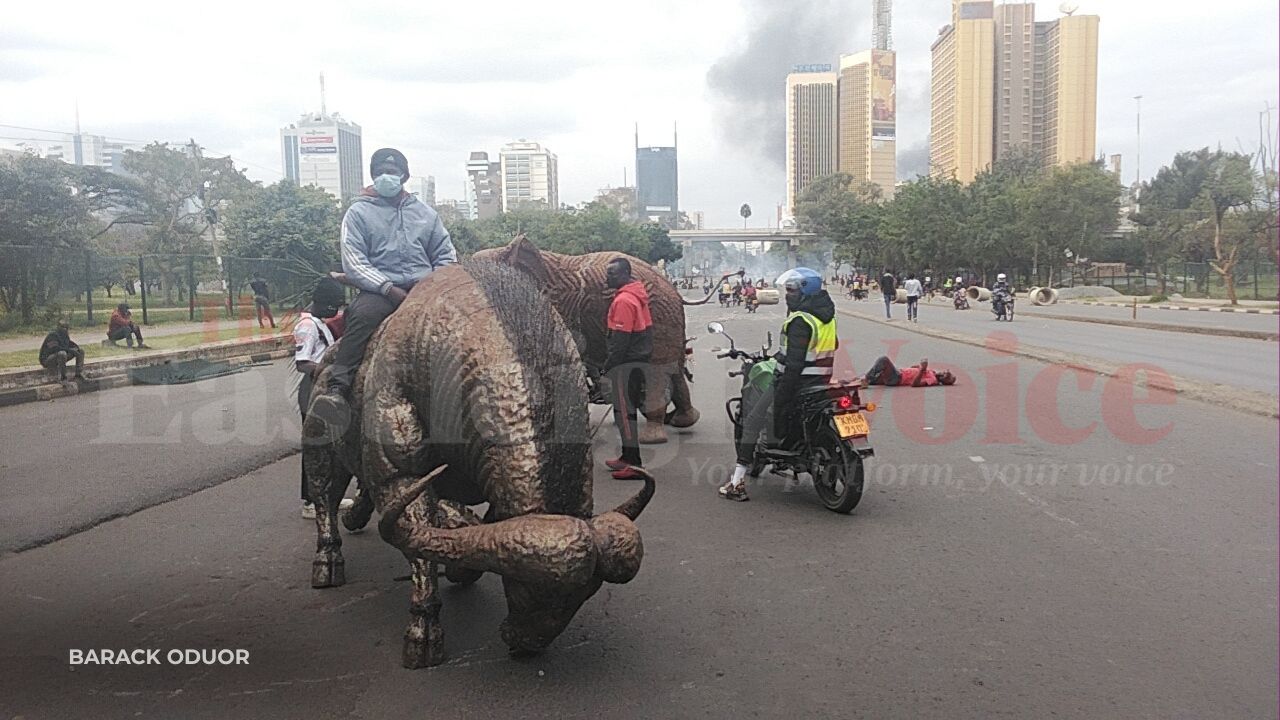Government sued for blocking CBD roads during protests, lobby demands removal of barricades
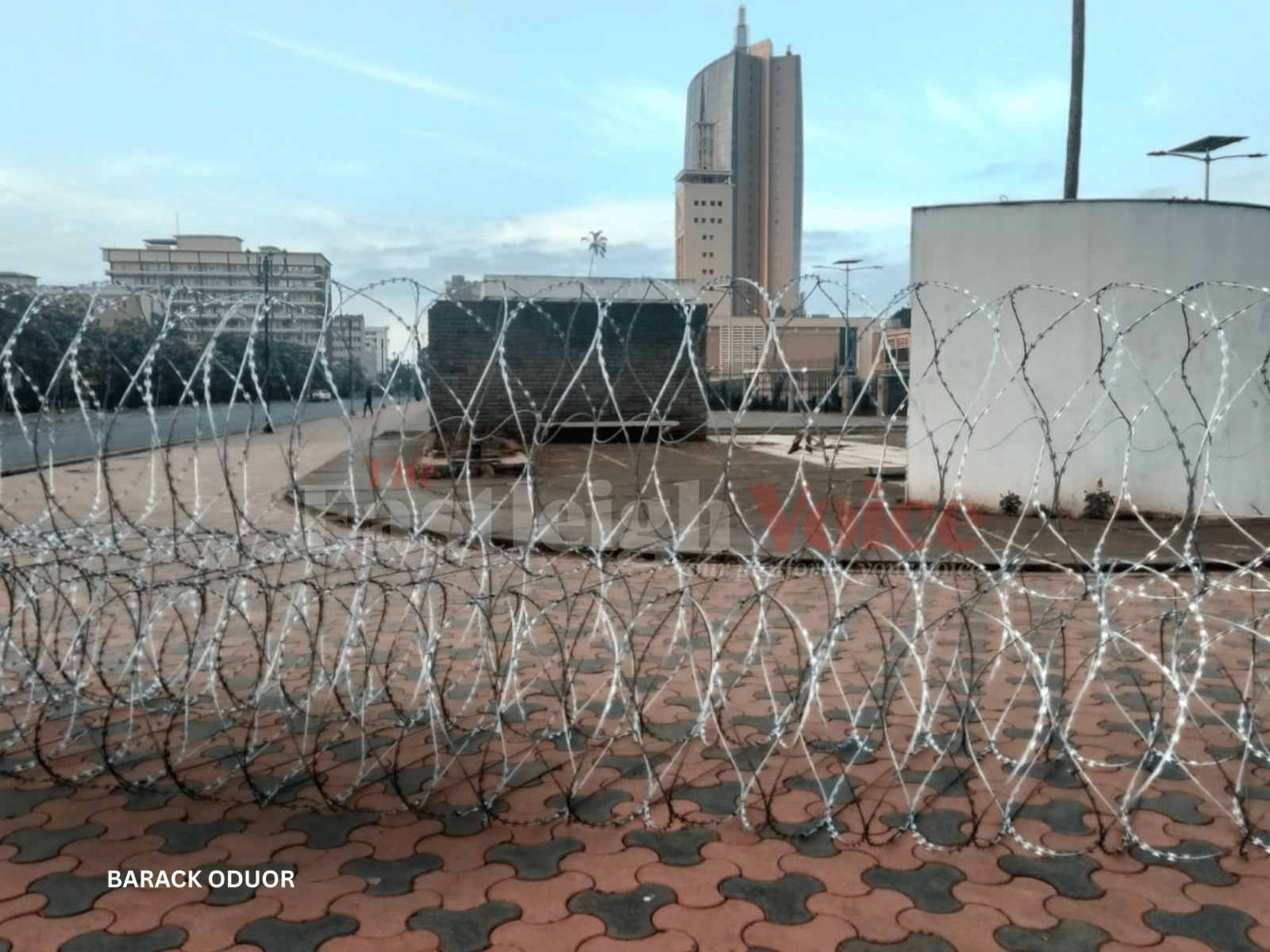
The Katiba Institute has filed a constitutional petition at the High Court accusing the police of imposing unlawful barricades to suppress public dissent.
The government has been sued for allegedly violating constitutional rights after police blocked roads leading into the Nairobi Central Business District (CBD) during the Wednesday protests to mark one year since the deadly anti-Finance Bill protests.
The Katiba Institute has filed a constitutional petition at the High Court accusing the police of imposing unlawful barricades to suppress public dissent.
More To Read
- Defiant youth storm streets to mark first anniversary of deadly 2024 protests
- Communications Authority shuts down TV signals over protest coverage in major crackdown on press freedom
- Gov't orders TV, radio stations to stop live broadcasting of ongoing countrywide protests
- Kenya pushes back as diplomatic pressure mounts over protest anniversary
- CS Murkomen meets Kenyans, police in surprise CBD walk during Gen Z protests
- Kenya hits back at foreign envoys over call to protect civic freedoms during June 25 protests
In the petition filed on Wednesday at the High Court in Nairobi, Katiba Institute is challenging the actions of the Inspector General of Police and the Attorney General, arguing that the deployment of barbed wire and police blockades to seal off Nairobi’s CBD was unlawful and intended to prevent Kenyans from exercising their rights to peaceful assembly and movement as enshrined in the Constitution.
“This urgent petition arises from the police’s decision to barricade roads leading into and within Nairobi’s Central Business District (CBD) using barbed wire and police blockades,” the institute said in the petition.
“These actions, undertaken without notice, aim to prevent people from exercising their rights to demonstrate and picket as enshrined in Articles 37 and 39 of the Constitution.”
The petition further notes that despite existing court rulings outlawing blanket protest bans in the CBD, including Katiba Institute v Inspector General of Police (E349 of 2024) and Law Society of Kenya v Kithinji (E373 of 2024), the police have continued to defy the law, thereby threatening democratic values.
Katiba Institute argues that the rights and freedoms guaranteed under the Constitution are being suspended through roadside declarations that lack any legal foundation.
It further states that the blocking of roads without prior notice or consultation violates Article 47, which guarantees fair administrative action. According to the petition, such police actions pose a serious threat to Kenya’s constitutional order, warning that they undermine democracy, erode human rights, and weaken the rule of law.
The organisation is now seeking urgent conservatory orders compelling the removal of barricades that it says unreasonably restrict the right to protest.
It also wants the court to direct the Inspector General of Police to issue timely public notices prior to any road closures, except in emergency situations.
In addition, Katiba Institute is asking the court to issue a permanent prohibition against unlawful limitations on the rights to protest and freedom of movement.
“This petition is not just about roads, it is about the future of constitutional governance in Kenya,” the institute said.
Katiba Institute has also called on all state actors to respect the Constitution and urged the judiciary to uphold the rule of law by granting the reliefs sought.
Top Stories Today
